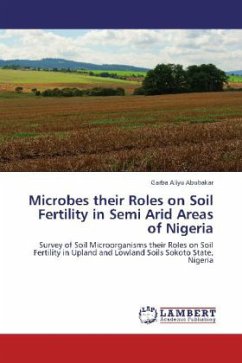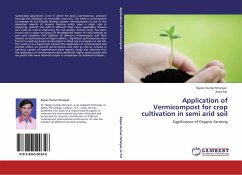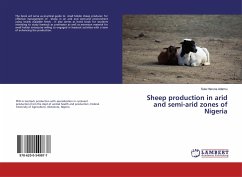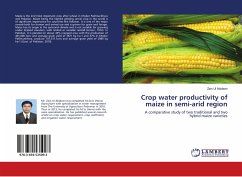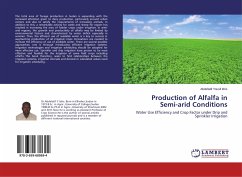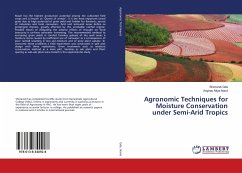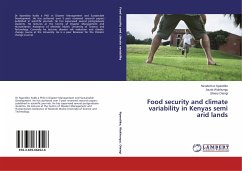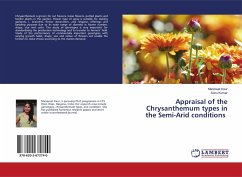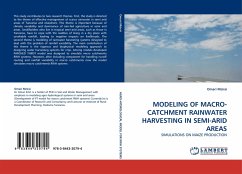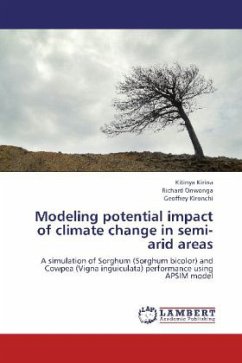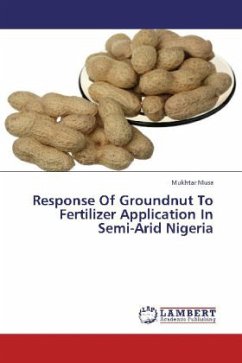
Response Of Groundnut To Fertilizer Application In Semi-Arid Nigeria
Versandkostenfrei!
Versandfertig in 6-10 Tagen
32,99 €
inkl. MwSt.

PAYBACK Punkte
16 °P sammeln!
Groundnut (Arachis hypogaea L.) is a valuable crop for millions of small-scale farmers throughout the tropics. In spite of its importance the yield of the crop in Nigeria is still low and very little is known about the response of peanut cultivars to locally and easily available cow manure in the region. A field experiment was conducted during 2007 and 2008 rainy seasons to study the effects of cow dung and Sokoto rock phosphate on the growth and yield of groundnut in the semi-arid zone of Nigeria. Treatments consisted of factorial combination of two groundnut varieties, four Sokoto rock phosp...
Groundnut (Arachis hypogaea L.) is a valuable crop for millions of small-scale farmers throughout the tropics. In spite of its importance the yield of the crop in Nigeria is still low and very little is known about the response of peanut cultivars to locally and easily available cow manure in the region. A field experiment was conducted during 2007 and 2008 rainy seasons to study the effects of cow dung and Sokoto rock phosphate on the growth and yield of groundnut in the semi-arid zone of Nigeria. Treatments consisted of factorial combination of two groundnut varieties, four Sokoto rock phosphate levels and three cow dung levels laid out in a randomized complete block design replicated three times. Results revealed that Ex-Dakar cultivar was superior in most of the parameters observed. Results revealed no significant effect of SRP on the performance of the parameters observed. Also, application of 15 t ha-1 maximizes the performance of the crop. Thus, from the findings of this research, Ex-Dakar variety could be planted for increased groundnut production more so when combined with the application of cow dung at the rate of 15 t ha-1.



